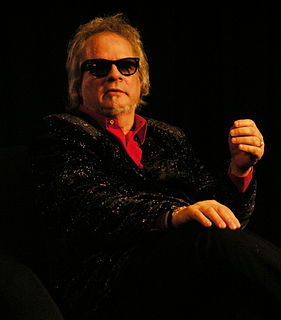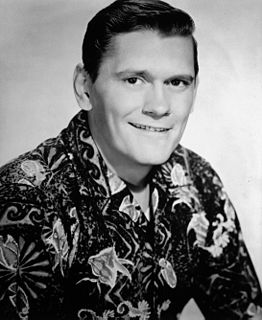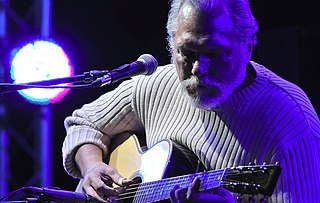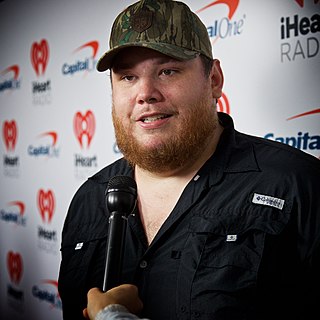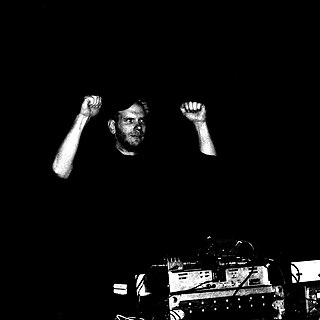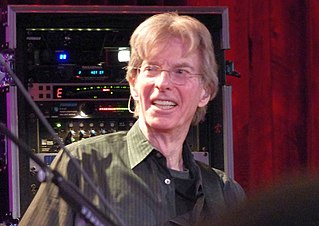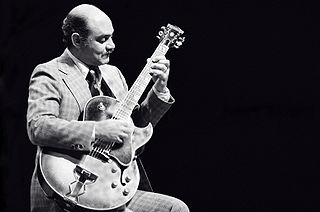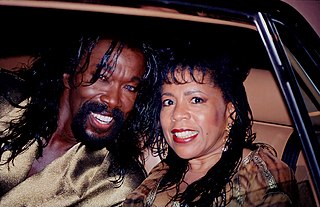Цитата Эла Купера
Самое забавное в "Like A Rolling Stone" то, что это была шестиминутная песня, не было музыки, которую можно было бы читать. И там я играл на этом незнакомом инструменте. Так что я бы пришел на оптимистично один. Я ждал, пока оркестр сыграет аккорд, а затем так быстро, как только мог, начинал играть аккорд.
Связанные цитаты
Мы были в туре, и были некоторые аккордовые построения, которые мне было трудно играть, когда я был ребенком... стало очевидно, что есть кое-что, что я хотел сделать, что [потребовало бы от меня], чтобы научиться сделай это. Так что я написал песню и использовал некоторые из этих аккордовых форм, чтобы мне пришлось их сыграть. Какое-то время я думал, что это будет отличный обучающий инструмент, и так оно и было, но в итоге она превратилась в песню для выступления.
Мне было, наверное, 16. Я играл - я пытался играть эти песни, которые я написал. И это было общей темой, когда я был моложе: я писал о ком-то песню, и они приходили на мое шоу. Я бы не смог сыграть все это целиком, потому что в третьем куплете всплывал бы какой-то гигантский, загруженный секрет или что-то в этом роде.
Я любил музыку с тех пор, как себя помню, и в то время гитара всегда была для меня самой привлекательной вещью в музыке. Я играл на гитаре в школьной группе. До 20 лет я играл на гитаре в разных группах, но ничего серьезного. Время от времени кто-то просил меня сыграть с группой, но вскоре после этого я перестал играть в групповых проектах в целом.
... Мы позаимствовали все это у Колтрейна. Я начал призывать всех в группе слушать Джона Колтрейна: «Послушайте, посмотрите, что делают эти ребята». Они берут один аккорд, тонический аккорд, и просто играют на нем. — Мы тоже можем это сделать! Я хотел сделать нашу музыку чем-то действительно потрясающим - я хотел, чтобы она была потрясающей, заводной и делала все те вещи, которые, как я знал, может делать музыка, и никто не говорил нам, что мы не можем этого сделать. Впрочем, я не должен говорить «я» — Джерри Гарсия все это время стоял за этим.
Я не был фанатом группы, скажем так. Но я и две мои старшие сестры играли на инструментах, поэтому я приходил домой, а моя сестра Дана играла на кларнете или пианино, а я играл на саксофоне, моя другая сестра пела, моя мама пела. Я не боялся быть музыкальным. Это не было чем-то, что я считал некрутым.
Мой отец говорил: «Сыграй гамму», а я играл одну, а он говорил: «А что насчет остальных? Там должен быть один наверху, чтобы мы их вычислили. Я начинал гамму с основного тона аккорда и шел так далеко, как могла дотянуться рука, не выходя из положения, скажем, пять ладов, а затем возвращался назад. Так когда ! практиковался, я бы сразу начал с весов. Помимо обычных, я играл целые тональные гаммы, уменьшенные, доминирующие септимы и хроматические гаммы. Каждый аккорд до самого верха, и это заняло час.
У обеих моих бабушек были пианино, и я просто умел играть на них с детства. Меня никто не учил. Я звучал как взрослый, а потом научился читать ноты. Я так хорошо играл на слух, что мог обмануть учителя, поверив, что умею играть по нотам. Она сделает ошибку, сыграв песню один раз, и я смогу ее сыграть.
